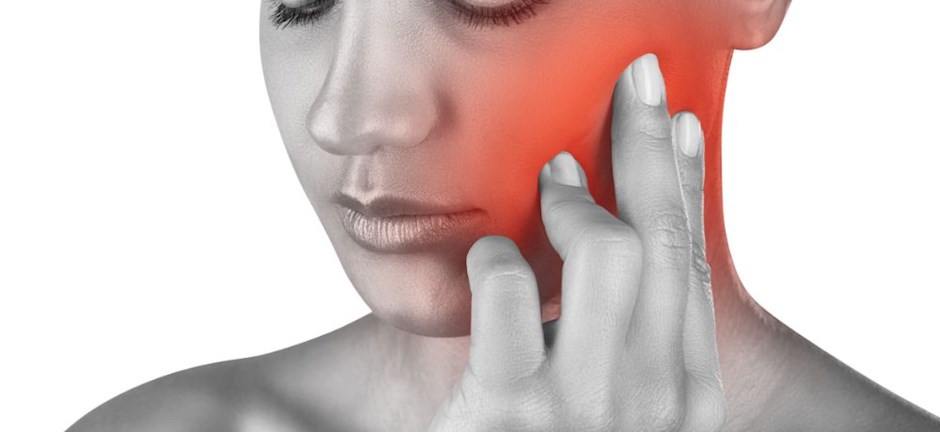- Inflammation of the gums (Pertussis). When the tooth is partially erupted, bacteria can penetrate through the space created under the gingival cap of the tooth and create inflammation in the gums surrounding the wisdom tooth.
- Caries. Because partially resurfaced wisdom teeth are not easily cleaned, bacteria contained in the dental plaque can create cavities both on the surface of the wisdom tooth and on the adjacent teeth.
- crowding and destruction of the structure of other teeth. When there is crowding, the teeth lose their proper position in the mouth. Good cleaning becomes more difficult and teeth can begin to decay unevenly or prematurely. Wisdom teeth are often responsible for crowding of the front teeth as well as recurrence of previous orthodontic treatment.
- Cyst formation. Sometimes a cyst can form around an impacted wisdom tooth, which can destroy the adjacent teeth, jaw bone, nerves and other anatomical elements.
"Because problems with wisdom teeth develop gradually and there may or may not be any symptoms, the best way to avoid problems is to visit your dentist regularly for a clinical and radiographic examination of the oral cavity. Regular check-ups help us dentists to prevent situations where wisdom teeth can threaten the health of the remaining teeth," advises o Dr. Salamastrakis.
The best age to have wisdom teeth removed is between 14 and 18 years old, before the roots have time to fully form and because the jawbone is softer. As we get older, the jawbones become more compact, making extraction more difficult.
Book your next appointment :
Greece +30 215 54 54 010 Cyprus +357 25 00 5544
Salamastrakis Dental Clinic



